Electrolyte and Fluid
Imbalance Correction
Electrolyte and Fluid
Imbalance Correction
Treatment for Electrolyte
and Fluid Imbalances
What is Electrolyte and Fluid Imbalances?
Our bodies rely on a precise balance of fluids and minerals like sodium, potassium, and calcium to keep every organ working smoothly. When this balance is disrupted, it can affect how your heart beats, how your muscles work, and how your kidneys function. This condition is called electrolyte and fluid imbalances.
It occurs more commonly, especially in those with kidney disease, heart issues, or after illness.
It can happen suddenly or develop over time.
Quick diagnosis and correction can prevent serious complications.
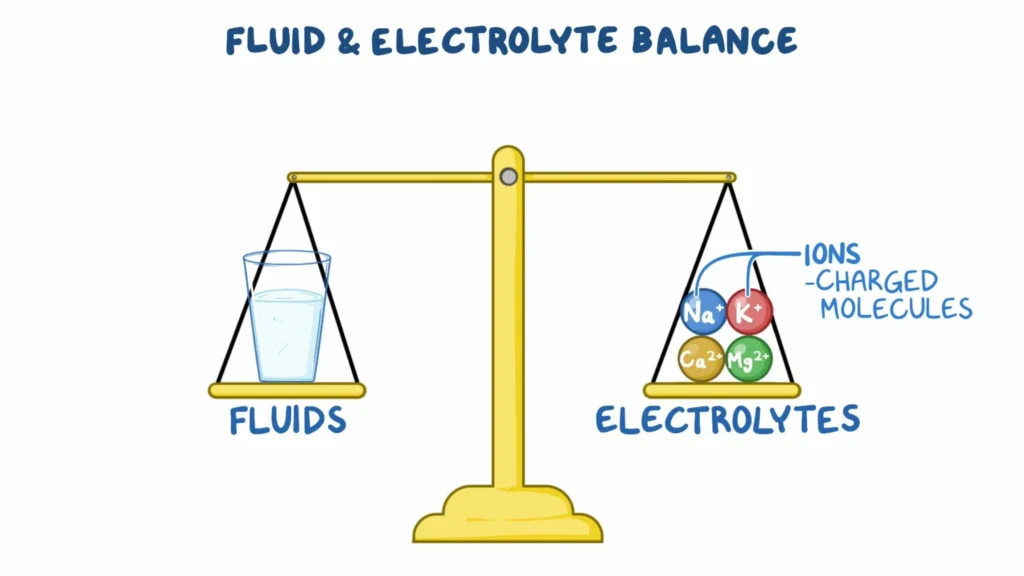
Symptoms of Electrolyte and Fluid Imbalance
Symptoms of Electrolyte and Fluid Imbalance
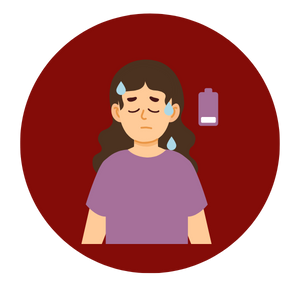
Persistent fatigue
or weakness

Muscle cramps
or twitching

Confusion, irritability,
or dizziness
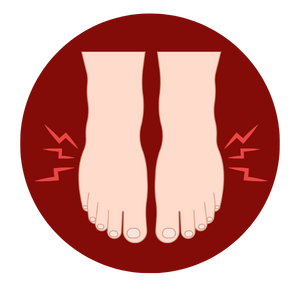
Swelling in
legs or face

Irregular heartbeat
or palpitations
Symptoms of Electrolyte and Fluid Imbalace

Persistent fatigue or weakness

Confusion, irritability, or dizziness

Irregular heartbeat or palpitations

Muscle cramps or twitching
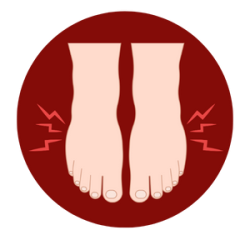
Swelling in legs or face
Conditions That May Need Electrolyte or Fluid Correction
A wide range of kidney-related and systemic conditions can disturb your body’s internal balance. Identifying the cause and correcting it early is essential to avoid complications.
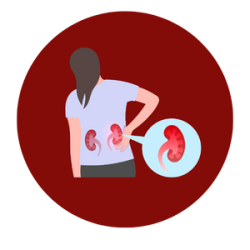
Chronic Kidney Disease (CKD)

Urinary Tract Infections (UTIs)
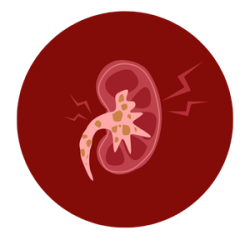
Acute Kidney Injury (AKI)

Liver and Heart Failure
When is Correction Recommended?
Kidney Dysfunction
When kidneys can’t filter or manage minerals properly, leading to buildup or loss.
Severe Dehydration
Rapid loss of fluids due to vomiting, diarrhea, or heatstroke disturbs the body’s balance.
Chronic Illnesses
Conditions like diabetes, heart failure, or liver disease can lead to recurring imbalances.
Medication Side Effects
Diuretics, chemotherapy, and certain antibiotics can trigger mineral loss or shifts.
Our Approach to Correction
We begin by identifying the root cause using blood tests and a review of your symptoms and medical history. Depending on the imbalance, we may suggest:
IV Fluids or Electrolytes
Balanced levels are restored using controlled intravenous therapy.
Medication Adjustments
Prescriptions are modified to minimize electrolyte disturbances.
Dietary
Changes
Nutritional intake is adjusted to support fluid and mineral balance.
Close
Monitoring
Regular vitals and lab tracking help maintain ongoing stability.
Acid-Base Balance in Kidney Care
Maintaining the right acid-base balance is as important as managing electrolytes. The kidneys play a key role in controlling blood pH, and when they don’t work properly, patients may develop metabolic acidosis condition where the blood becomes too acidic.
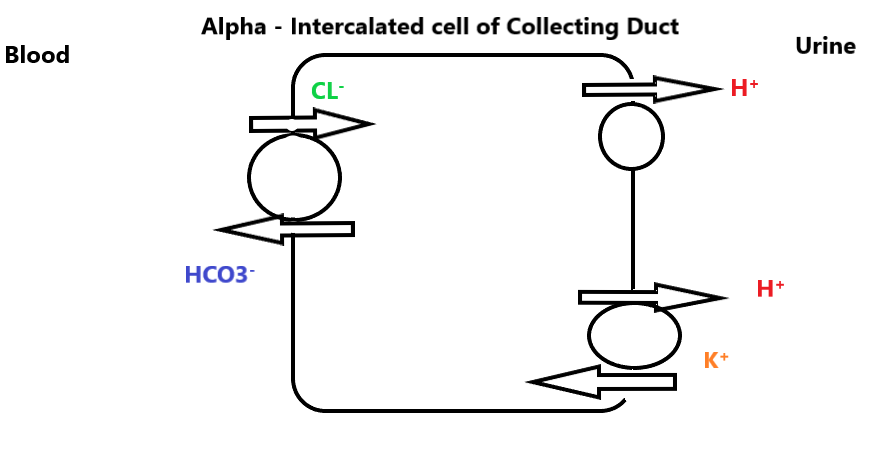
Why it matters
Chronic metabolic acidosis can cause bone weakening, muscle loss, and worsen kidney disease progression.
It may also leave patients feeling constantly tired or short of breath.
Management Approaches
Blood Tests: Regular monitoring of bicarbonate and pH levels.
Oral Bicarbonate Supplements: To restore normal blood pH.
Dietary Guidance: Reducing acid-forming foods and increasing kidney-friendly nutrition.
Close Monitoring: Ensuring safe correction without over-alkalization.
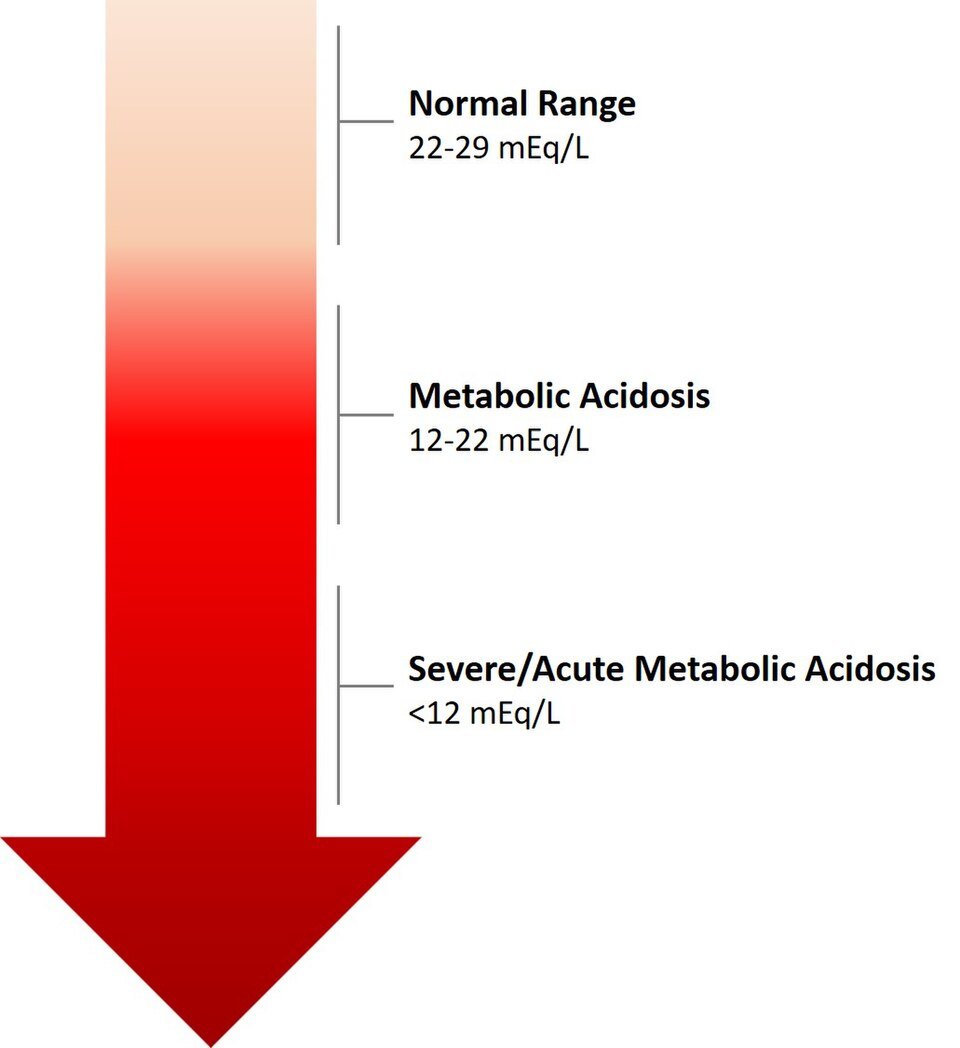
Stages of Electrolyte and Fluid Imbalance:
How It Progresses
Electrolyte and fluid disturbances don’t always feel urgent but they can turn serious quickly. Here’s a simple look at how the condition can evolve:
Mild Imbalance
Slight symptoms like fatigue, cramps, or thirst.
Moderate Imbalance
More noticeable signs such as weakness, nausea, dizziness, or irregular heartbeat.
Severe Disturbance
Can cause confusion, seizures, cardiac issues, or hospitalization if untreated.
Why Choose Dr. Chandan Chaudhari?
Trusted care begins with a doctor who listens, explains, and truly understands. Dr. Chandan combines medical expertise with a compassionate approach to guide you through every stage of your kidney health journey.
Design that reflects your mission and builds trust.
Years of clinical experience in managing all types of kidney diseases, from simple to complex.
Qualifications That Matter
MBBS, MD (General Medicine), DNB (Nephrology) – a solid foundation with advanced specialization in nephrology.
Clear & Compassionate Communication
Medical terms made simple. Dr. Chandan believes in honest, understandable conversations.
Trusted by Patients, Respected by Peers
Dr. Chandan is known for his calm demeanor, gentle care, and reliable decision-making in complex cases.
Have a Question?
We understand that kidney conditions can be confusing. Here are answers to some of the most common questions patients ask us.
What causes electrolyte imbalance in kidney patients?
Kidneys regulate minerals in your body. When they don’t function well, minerals like sodium, potassium, or calcium can get too high or too low.
Can I prevent this from happening again?
Yes. With regular checkups, hydration, and managing your condition, future imbalances can often be prevented.
Is this life-threatening?
If untreated, severe imbalances can affect your heart or brain. But with timely care, most patients recover fully.
Can drinking too much water cause electrolyte imbalance?
Yes, excessive water intake can dilute the body’s sodium levels, leading to a condition called hyponatremia, which can be serious if not managed promptly.
Is hospitalization always required for electrolyte imbalance?
Not always. Mild imbalances can often be treated on an outpatient basis, but severe cases may require hospital care and IV therapy.
Have Questions About Your Body’s Balance?
Don’t wait for symptoms to worsen. Get clarity on your electrolyte and fluid levels with guided consultation.
